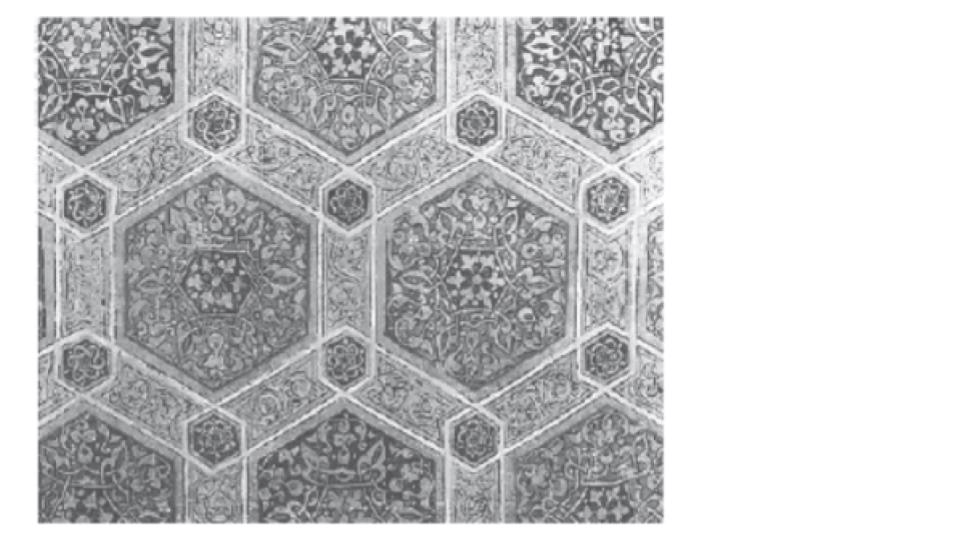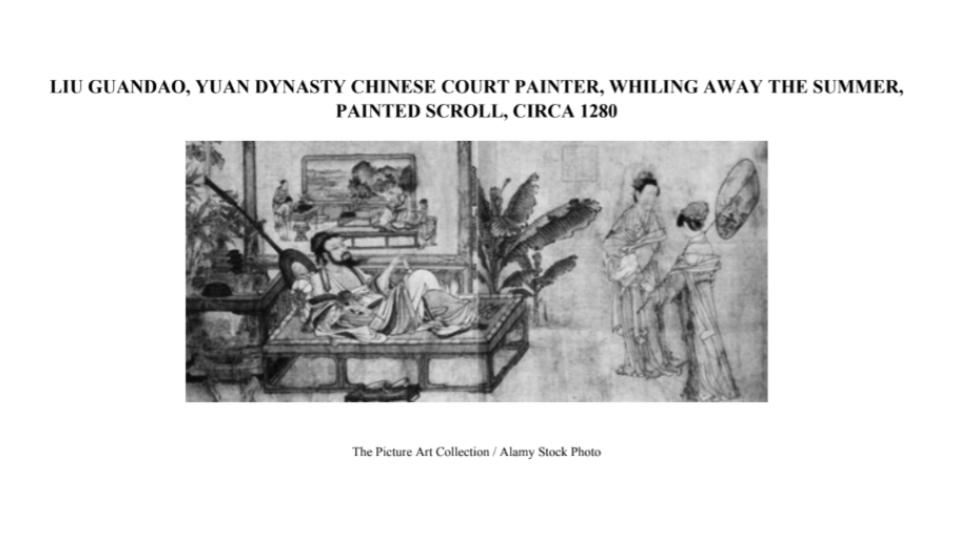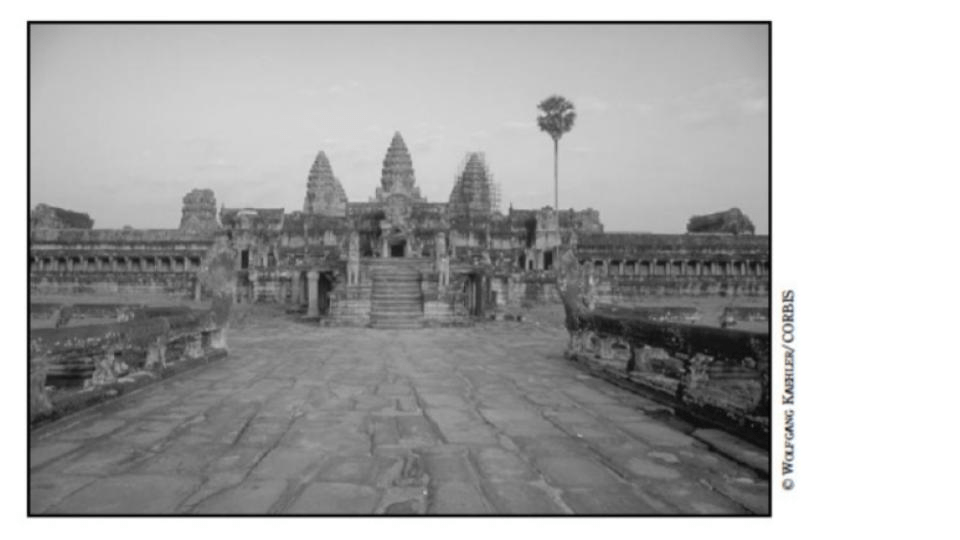During this time period, ______________ had the greatest manufacturing capacity.
China
Judaism is a religion based on the belief in a covenant between __________________________________
God and the Hebrew people
The spread of ________________ led to the expansion and intensification of commerce along already existing trade routes in the Indian Ocean
Islam
A key difference between the political systems of Western Europe and China during this period is that Western Europe developed multiple ________________, while China maintained a single _______________
monarchies, empire
The staple crop most associated with the rise of Mesoamerican civilizations is
maize
States in these three locations were all culturally influenced by China between 600 C.E. and 1450 C.E.
Japan, Korea, and Vietnam
Islam is a ___________________ religion
monotheistic
The translations and works of Muslim scholars became influential in Europe before 1450 due to cultural exchanges between _________________ and ________________ in the Mediterranean region.
Christians, Muslims
An important continuity in the social structure of states and empires during this long period is that landholding ________________ tended to be the dominant class.
aristocracies
The two belief systems that offered opportunities for women to lead monastic lives were ________________ and _________________
Buddhism, Christianity
Evidence that Japan borrowed extensively from Tang and Song China includes the fact that societal relations in Japan were based on ___________________ principles of hierarchy.
Confucian

The type of wall decoration with geometric and floral patterns shown in the image is most commonly found in a _________________________
mosque
The interregional connections of states on the East African coast illustrate the continued importance of ____________________________________
long-distance trade
The adoption of ________________ influenced the legal systems of West African kingdoms such as Mali during the period 1200–1450 by blending ________________ legal principles with local customs
Islam, Islamic
The use of Islamic law to govern diverse populations in the ____________________ illustrates the impact of religious diffusion on political structures in Afro-Eurasia between 600 and 1450 C.E.
Abbasid Caliphate

Chinese art during the Yuan Dynasty, as seen in the above painting continued to emphasize traditional __________________________
subjects and styles
Buddhist thought had important social implications for South Asia because it challenged hierarchies based on _________________________
caste
The prevalence of Christianity in _________________ can be explained by the continuity of religious traditions influenced by cultural transfers dating back to earlier centuries.
Ethiopia
A significant way in which Hinduism influenced the political structure of South Asian societies before 1450 was by supporting the division of society into hereditary ________________________
castes
A major factor in the spread of both Christianity and Islam to new regions during the period 600–1450 was _____________ conquest and active _____________ work
military, missionary
The Chinese concept of the "Mandate of Heaven" was sometimes used to justify ___________________
rebellion

The above photograph of Angkor Wat in Cambodia is an example of _________________ influence in Southeast Asia
Hindu
A key similarity in the policies of rulers in African states like Ethiopia was that they used ___________ and ______________ to bolster their legitimacy.
religion, laws
a major factor in the spread of Islam to Southeast Asia before 1450 was _______________ connecting the Middle East and Southeast Asia
trade networks
Political authority and religion were intertwined in early African kingdoms because Kings claimed divine support to _________________ their rule
legitimize
The adoption of Chinese __________________ systems helps explain the spread of Confucian values to Korea and Vietnam between 600 and 1450 C.E.
bureaucratic
Christianity and Islam are religious systems characterized by ______________, _________________, _________________
monotheism, a sacred text, and missionary activities
The two occupations pursued by large numbers of African and European women during this period were ________________ and ________________
midwife, healer
A significant effect of the Bantu migrations in sub-Saharan Africa before 1450 was the spread of _______________ technology and ______________ practices
ironworking, agricultural
Religious beliefs influenced the architecture of medieval societies because places of worship were often built to reflect the values and traditions of the dominant __________________________
religion
By emphasizing hierarchical relationships and respect for authority ________________________ influence the ________________ of East Asian societies between 1000 and 1450
Confucianism, governance
From their founding, both Christians and Muslims shared a belief in a ________________________
single omnipotent deity
A common method by which Buddhism spread across Asia between 600 and 1450 was _________________
trade routes
The caste system affected social mobility in South Asian societies before 1450 by restricting movement between ________________ groups and reinforcing hereditary roles
social
a major way in which Chinese culture influenced neighboring regions was by introducing _______________ educational systems and bureaucratic practices
Confucian